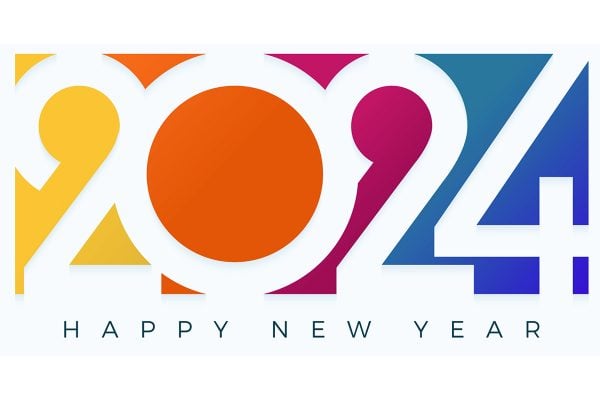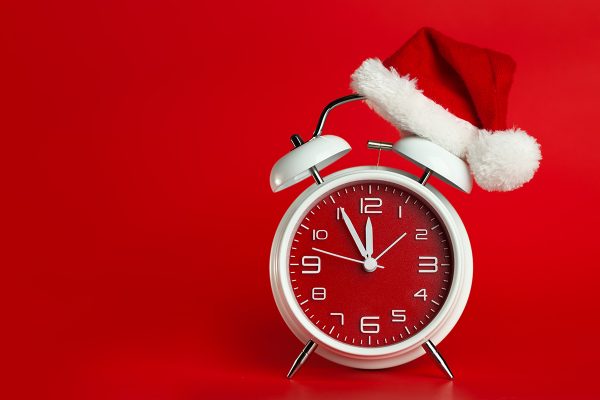In this post from Jason Tavaria, Head of Direct from delivery platform Shutl says good capacity planning for Black Friday is crucial.
“Black Friday” – two words strong enough to strike fear into the hearts and minds of ecommerce departments! But will the reality this year be very different to last year’s debacle instore and online? We’d like to think so. With recent IRMG predictions of over £1bn online spend during next week’s Black Friday event, it’s a day that everyone should be well prepared for. Indeed detailed reviews of previous peaks alongside current trends will have been carried out and forecasters will have been busy capacity planning so that customer expectations are managed well, but there’s no accounting for the way in which shoppers adapt their spending habits for retail events like this so it’s really important that retailers have every box ticked.
Thankfully retailers have done a lot of growing up of late, especially when it comes to managing customer expectations. In addition to making huge investments in resources and technology, this year they’re taking a more mature and pre-emptive approach to setting expectations since they’re all too aware of the consequences of disappointing a customer – not only a lost sale, but potentially a social media crisis and a front page headline.
Take Tesco for example, they’ve taken a proactive approach and have uploaded a message online warning online shoppers to expect delays to next-day click-and-collect services in the run up to the Black Friday and Christmas peak. A wise move? We think so. Even the biggest multichannel retailers and pure plays need to set expectations – remember that the landscape is evolving all the time in response to changing shopper needs and habits – it’s no small task to keep up! Being realistic and transparent about potential transactions and delivery issues from the outset is a smart move – remember, an informed customer is a happier customer.
We live in a world where good communication is critical so this year having a positive relationship with your carrier network – who can share what capacity there is for the busiest times – is going to be absolutely essential, maybe even a make or break situation for some retailers.
A final word of advice….
On the basis that 77% of shoppers recently surveyed by Shutl said that they shop online to make better use of their time, not receiving an item because of bad capacity planning is an easy way to give competitors a chance to gain a new customer. Can any retail business afford for that to happen to them?









